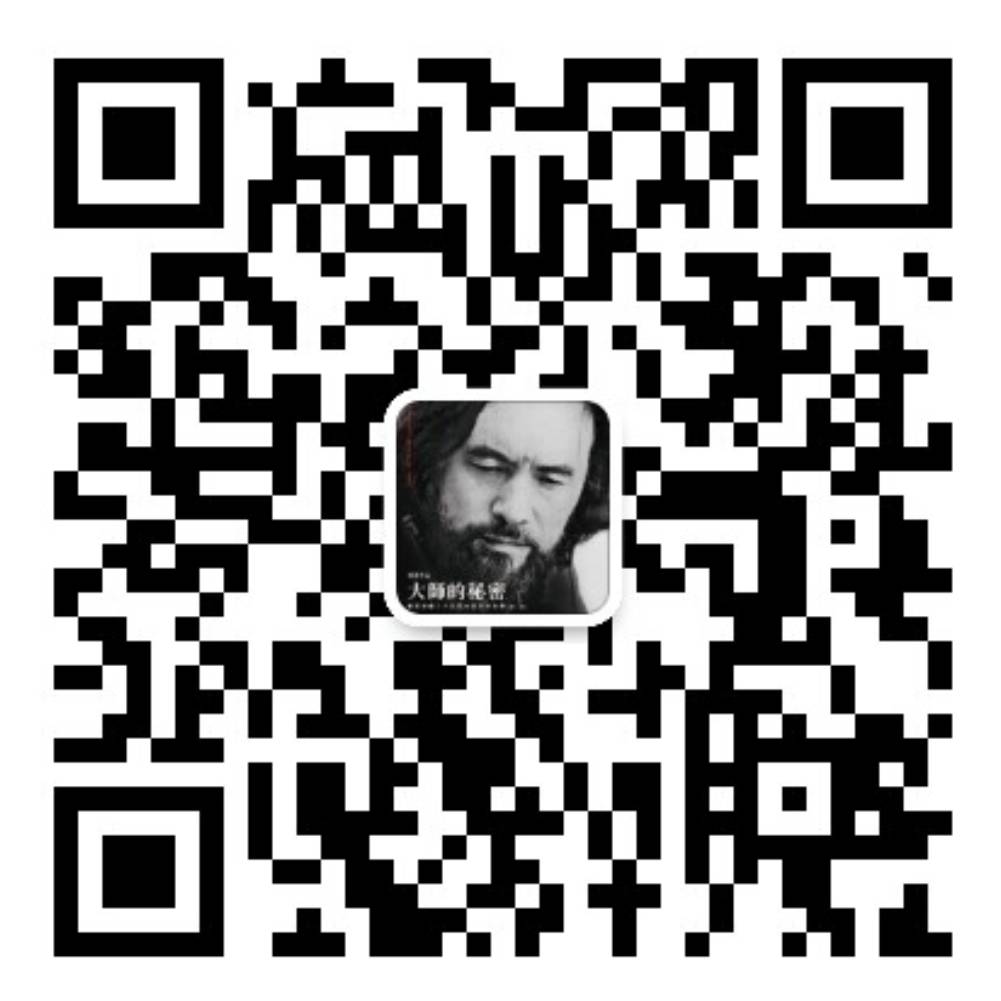$18.00
Price is in Chinese currency(CNY)
A Parable of Survival and the Struggle of Human Nature in the Deserts of Western China.
Deep within the Tengger Desert lies an oasis known as “Pig’s Belly Well”—a brutal arena where humanity and wild instinct collide. In Desert Hunters, author Xuemo crafts an Eastern ecological parable that exposes how, in dire straits, humans and the forces of nature, desire, and the self consume one another.
The old hunter, Meng Baye, had long laid down his rifle—but when poachers run rampant, he returns to the wilderness. What he hunts is not only those who kill for profit, but the collective moral decay of a village buckling under the weight of survival. When herders draw knives over dwindling water and land, and wolf packs unleash bloody vengeance for slain pups, the desert’s unforgiving code exposes a truth more savage than instinct: the darkness within human nature. The accidental killing of a wolf pup by young Mengzi sets off an ecological collapse; the death of a girl named Lam, caught in a poachers’ ambush, and the surreal act of shepherd Heigaozi—who slaughters his own flock before exiling himself—deepen the spiral. These interwoven tragedies form a stark epic of greed and the elusive promise of redemption.
Book Description—Desert Hunters (English Edition)
Author’s Note
The place called Pig’s Belly Well is a world unto itself. Though it wears the outward appearance of the Chinese West, what it reflects is all of humanity. Everyone who steps into Pig’s Belly Well carries a dream—a simple one: to escape poverty. But in the end, every dream collapses. Everyone is ruined, swallowed by their own greed and ignorance.
Why? Because the human heart is a vast hunting ground—unseen, but never still—where the divine and the beast within are locked in constant battle. We are all prey to desire.
As I wrote in the epigraph to Desert Hunters: “On the hunting grounds of the soul, you and I are both the hunted.” —Xuemo
About the Book
In the preface to Desert Hunters, Xuemo opens a window into the brutal heart of China’s desert frontier—a stage known as the Hunting Ground. The novel begins with a pack of wolves watching from the ridge, their cold gaze a reflection of the land’s oldest law: the strong prey on the weak.
To Xuemo, all of existence is a vast hunting field. Every life form, human or animal, is trapped in a chain of hunter and hunted. When storms descend—both tangible and spiritual—hearts are stirred. People wander, struggle, ache, resist. Yet amid the pain, there are moments of hope, awakening, and release. In the bitter battle for pastureland, human nobility and degradation, spiritual greatness and smallness, dignity and pettiness are laid bare.
Core Themes
Praise from Critics
“Desert Hunters deserves to be read by those who live beyond the reach of that well. Better this raw account of human nature and struggle than the dizzying fiction of flashy TV dramas.” —Cui Daoyi, former Editor-in-Chief, People’s Literature
“Xuemo doesn’t merely portray an individual life. Through the sculpting of a collective, he tells the story of an entire world.” —Yan Jingming, Editor-in-Chief, Literary Gazette
“Without overt drama, Xuemo makes your blood surge. Without raising his voice, he shakes the reader to the core. This quiet force is what sets Desert Hunters apart.” —Bai Ye, renowned literary critic and researcher at the Institute of Contemporary Literature, Chinese Academy of Social Sciences.
Who Is This Book For?
If you’re willing to quiet your heart and follow Xuemo’s pen into the vast, desolate desert, to feel the weight of survival, the complexity of human nature, and the lament of an ailing ecology, Desert Hunters will offer a reading experience both powerful and thought-provoking. It is less a novel than a mirror—one that reflects the fragile bond between humanity and nature, and the profound limitations within ourselves.
| Weight | 2 kg |
|---|---|
| Dimensions | 27 × 25 × 8 cm |
Power up your life
— Read Xuemo.

XueMo's WeChat

WeChat Public Account

9.00 - 18.00
Reviews
There are no reviews yet.